11 results in Postcolonialism across the Disciplines
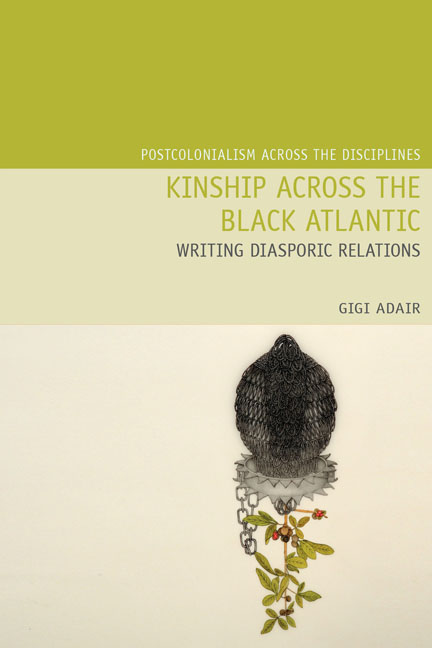
Kinship Across the Black Atlantic
- Writing Diasporic Relations
-
- Published by:
- Liverpool University Press
- Published online:
- 09 July 2020
- Print publication:
- 19 November 2019
-
- Book
- Export citation
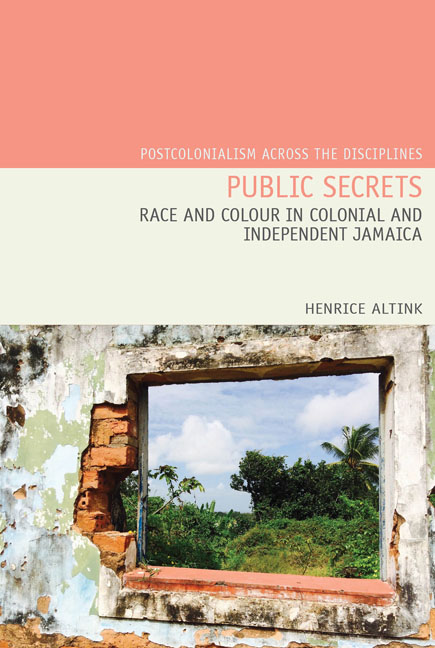
Public Secrets
- Race and Colour in Colonial and Independent Jamaica
-
- Published by:
- Liverpool University Press
- Published online:
- 08 July 2020
- Print publication:
- 08 October 2019
-
- Book
- Export citation
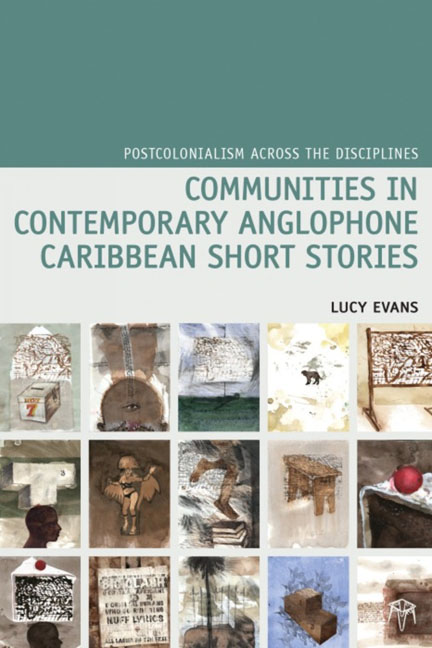
Communities in Contemporary Anglophone Caribbean Short Stories
-
- Published by:
- Liverpool University Press
- Published online:
- 03 July 2020
- Print publication:
- 16 October 2019
-
- Book
- Export citation
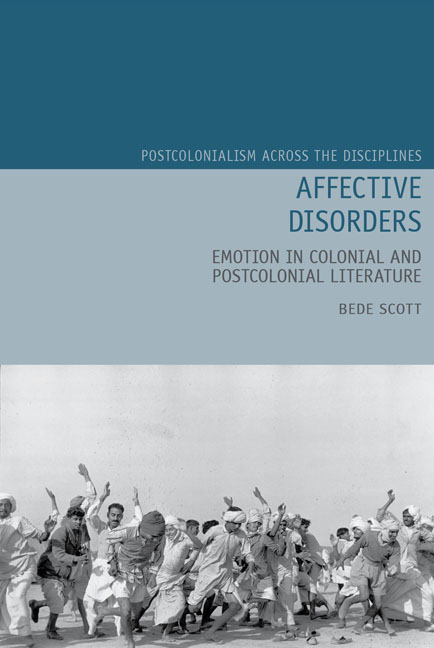
Affective Disorders
- Emotion in Colonial and Postcolonial Literature
-
- Published by:
- Liverpool University Press
- Published online:
- 02 July 2020
- Print publication:
- 28 September 2019
-
- Book
- Export citation
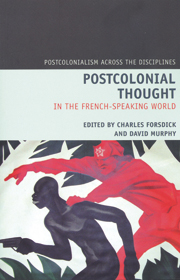
Postcolonial Thought in the French Speaking World
-
- Published by:
- Liverpool University Press
- Published online:
- 05 June 2015
- Print publication:
- 01 June 2009
-
- Book
- Export citation

Contagion and Enclaves
- Tropical Medicine in Colonial India
-
- Published by:
- Liverpool University Press
- Published online:
- 05 May 2013
- Print publication:
- 20 November 2012
-
- Book
- Export citation
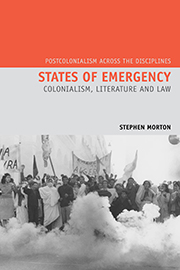
States of Emergency
- Colonialism, Literature and Law
-
- Published by:
- Liverpool University Press
- Published online:
- 05 May 2013
- Print publication:
- 04 February 2013
-
- Book
- Export citation
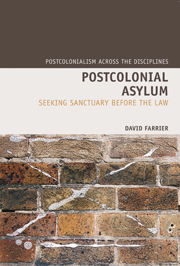
Postcolonial Asylum
- Seeking Sanctuary Before the Law
-
- Published by:
- Liverpool University Press
- Published online:
- 05 January 2012
- Print publication:
- 24 February 2011
-
- Book
- Export citation

Cultured Violence
- Narrative, Social Suffering, and Engendering Human Rights in Contemporary South Africa
-
- Published by:
- Liverpool University Press
- Published online:
- 05 January 2012
- Print publication:
- 22 July 2010
-
- Book
- Export citation
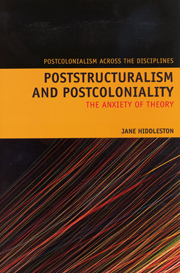
Poststructuralism and Postcoloniality
- The Anxiety of Theory
-
- Published by:
- Liverpool University Press
- Published online:
- 05 January 2012
- Print publication:
- 05 July 2010
-
- Book
- Export citation
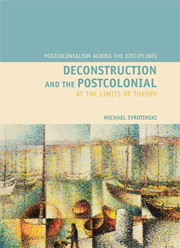
Deconstruction and the Postcolonial
- At the Limits of Theory
-
- Published by:
- Liverpool University Press
- Published online:
- 05 December 2011
- Print publication:
- 01 September 2007
-
- Book
- Export citation

